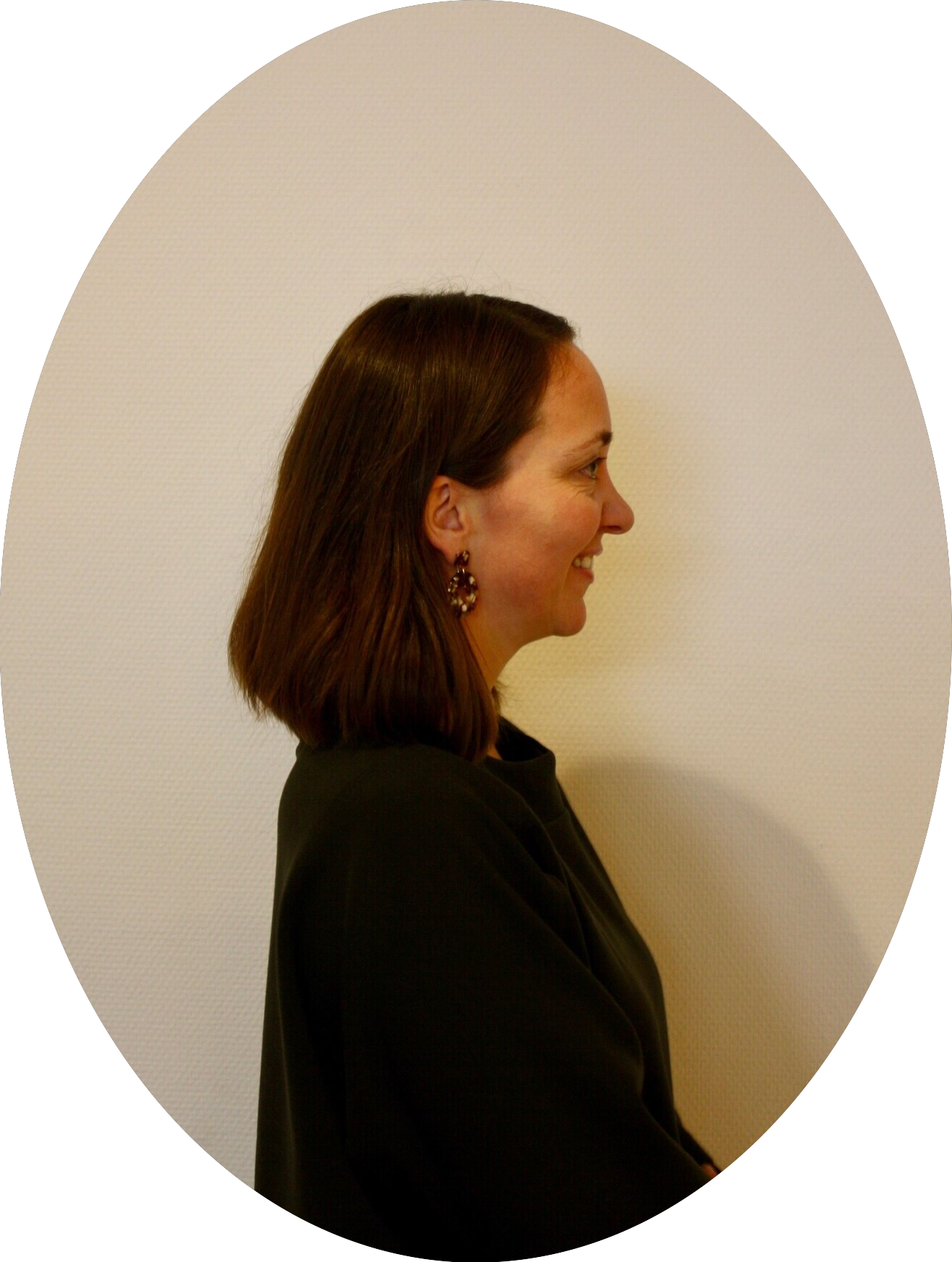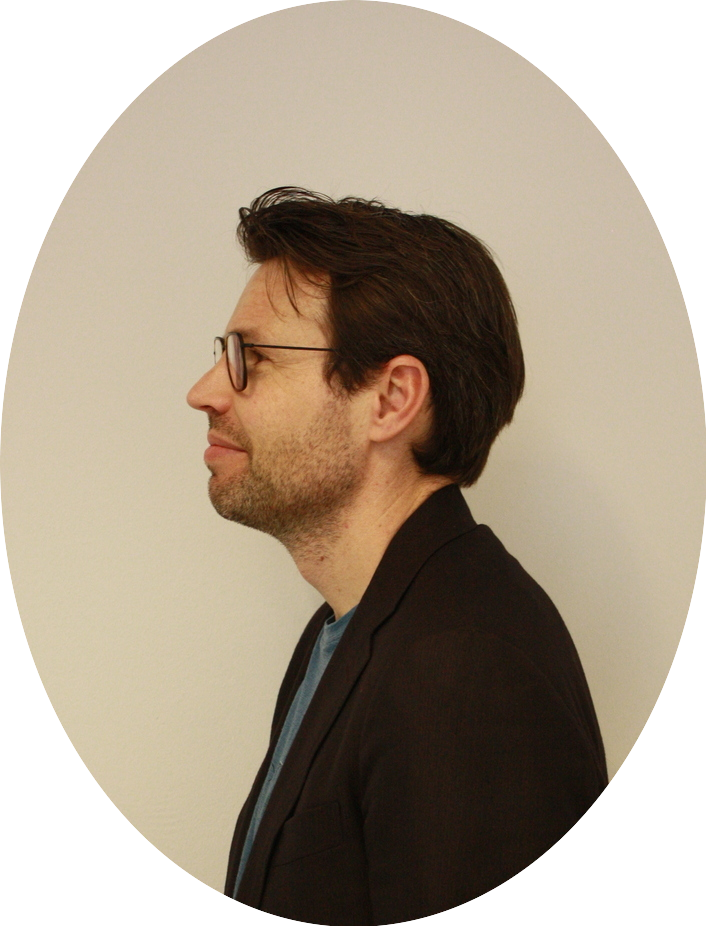


Sanne de Wit’s (Clinical Psychology) Question:
Dear Matthijs,
As discussed here, habits may persist even when one consciously intends to suppress or change the behavior. This leads me to my question to you: do you think that habitual behaviors (or thoughts) can interfere with creativity? Is there direct evidence to support this idea?
Sanne
Matthijs Baas’ (Work and Organizational Psychology) answer:
Dear Sanne,
To be creative requires taking paths other than the obvious. It would seem that, almost by definition, habits would block creativity. Take scientists for instance. The habit of using a much-loved paradigm, analysis, thought process or theoretical perspective could easily lead to a tunnel vision, preventing the exploration of alternative paths. These habits, efficient and productive as they may be, may spur incremental ideas at best but surely not radical breakthroughs.
But are all habits bad for creativity? Certainly not. There are many interesting archival and case-studies of creative geniuses. I particularly recommend the work by D.K. Simonton and an easy read by Scheffer et al. (2017). These studies suggest that highly creative people have habits, sometimes deliberately practiced, that were in the service of their creativity. Here follow some insightful examples.
Creativity involves the combination of existing knowledge in novel ways. Novel combinations are more probable if a rich and diverse knowledge-base is available. Many creative scientists habitually seek and embrace new input and experiences. They are avid readers, more often practice the arts, and seek input from scientists in other disciplines. As Nobel laureate Kenneth Arrow advised, “subject yourself to new experiences whenever you can” or as Nobel laureate James Watson warned: “avoid boring people.”
Creativity often requires empty time where one can think about a problem without distraction. Some habits come in handy here. Many artists and scientists have developed daily routines with time slots for mind wandering and uninterrupted work. Consider Darwin, for instance, who famously took walks along his specially constructed “thinking path” every day.
Promising ideas often come at inconvenient moments when they cannot be immediately explored. So, it helps to have something to record an idea. This is illustrated by the story behind Keith Richards’ guitar riff of “(I can’t get no) satisfaction” (described in Scheffer et al., 2017). Richards woke up at night with that riff in his mind, played it to his cassette tape recorder and fell asleep again. When he woke up in the morning, he recalled little of the event, but saw the tape ran to the end. Playing it back, he heard the now famous theme followed by 40 minutes of snoring. Take-home message: habitually carry something to record your ideas.
Matthijs
Matthijs Baas’ question is for Bastiaan Rutjens (Social Psychology):
Dear Bastiaan,
Highly creative ideas are often rejected and ridiculed. Kodak rejected the digital camera when it was first developed in-house, many publishers rejected J.K. Rowling’s concept for the Harry Potter series and I think many colleagues in our building (myself included) had similar experiences in which editors, reviewers, and grant agencies failed to see the originality and usefulness of their breakthrough ideas. Why is it that so many are reluctant to recognize the value of creative ideas? Creativity researchers think it has to do with the difficulty to reconcile the trade-off between originality and usefulness. I was wondering what your own research has to say about this question.
Matthijs
References
– Scheffer, M., Baas, M., & Bjordam, T.K. (2017). Teaching originality? Common habits behind creative production in science and arts. Ecology and Society, 22(2).

Sanne de Wit’s (Clinical Psychology) Question:
Dear Matthijs,
As discussed here, habits may persist even when one consciously intends to suppress or change the behavior. This leads me to my question to you: do you think that habitual behaviors (or thoughts) can interfere with creativity? Is there direct evidence to support this idea?
Sanne

Matthijs Baas’ (Work and Organizational Psychology) answer:
Dear Sanne,
To be creative requires taking paths other than the obvious. It would seem that, almost by definition, habits would block creativity. Take scientists for instance. The habit of using a much-loved paradigm, analysis, thought process or theoretical perspective could easily lead to a tunnel vision, preventing the exploration of alternative paths. These habits, efficient and productive as they may be, may spur incremental ideas at best but surely not radical breakthroughs.
But are all habits bad for creativity? Certainly not. There are many interesting archival and case-studies of creative geniuses. I particularly recommend the work by D.K. Simonton and an easy read by Scheffer et al. (2017). These studies suggest that highly creative people have habits, sometimes deliberately practiced, that were in the service of their creativity. Here follow some insightful examples.
Creativity involves the combination of existing knowledge in novel ways. Novel combinations are more probable if a rich and diverse knowledge-base is available. Many creative scientists habitually seek and embrace new input and experiences. They are avid readers, more often practice the arts, and seek input from scientists in other disciplines. As Nobel laureate Kenneth Arrow advised, “subject yourself to new experiences whenever you can” or as Nobel laureate James Watson warned: “avoid boring people.”
Creativity often requires empty time where one can think about a problem without distraction. Some habits come in handy here. Many artists and scientists have developed daily routines with time slots for mind wandering and uninterrupted work. Consider Darwin, for instance, who famously took walks along his specially constructed “thinking path” every day.
Promising ideas often come at inconvenient moments when they cannot be immediately explored. So, it helps to have something to record an idea. This is illustrated by the story behind Keith Richards’ guitar riff of “(I can’t get no) satisfaction” (described in Scheffer et al., 2017). Richards woke up at night with that riff in his mind, played it to his cassette tape recorder and fell asleep again. When he woke up in the morning, he recalled little of the event, but saw the tape ran to the end. Playing it back, he heard the now famous theme followed by 40 minutes of snoring. Take-home message: habitually carry something to record your ideas.
Matthijs
Matthijs Baas’ question is for Bastiaan Rutjens (Social Psychology):
Dear Bastiaan,
Highly creative ideas are often rejected and ridiculed. Kodak rejected the digital camera when it was first developed in-house, many publishers rejected J.K. Rowling’s concept for the Harry Potter series and I think many colleagues in our building (myself included) had similar experiences in which editors, reviewers, and grant agencies failed to see the originality and usefulness of their breakthrough ideas. Why is it that so many are reluctant to recognize the value of creative ideas? Creativity researchers think it has to do with the difficulty to reconcile the trade-off between originality and usefulness. I was wondering what your own research has to say about this question.
Matthijs


